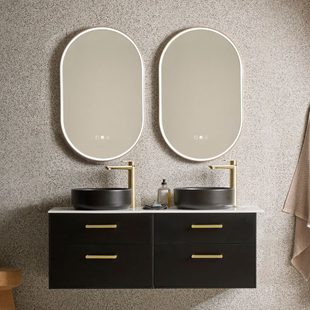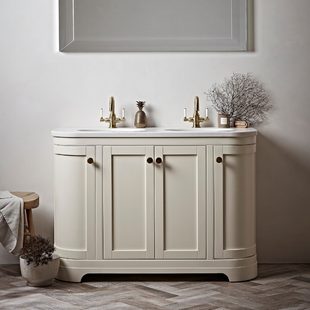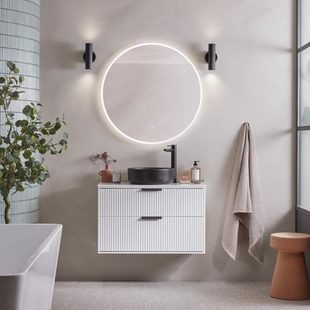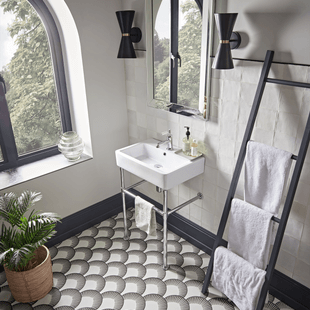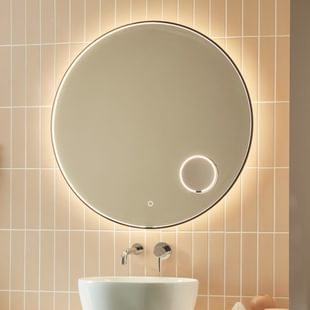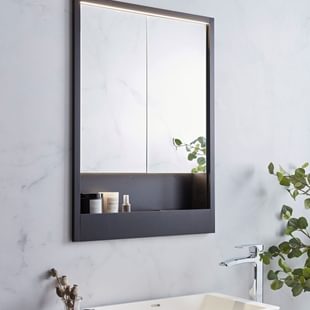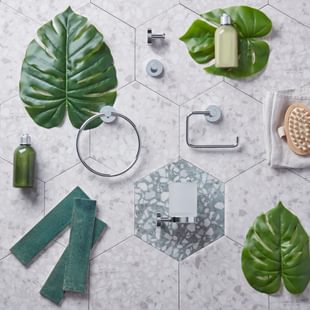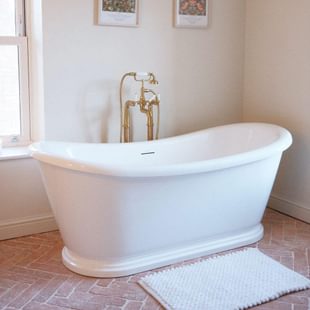- Collections
- Bathroom Furniture
- Baths
-
Basins & WCs
Basin & WC Styles
-
Taps
-
Showers
-
Lighting
Smart Lighting Solutions
- Mirrors
-
Cabinets
Cabinet Types
- Accessories
-
Guides & Ideas
Inspiration
-
 Book a design appointment Arrange a design consultancy with one of our stockists.
Book a design appointment Arrange a design consultancy with one of our stockists. -
 View Brochures Browse our latest selection of brochures.
View Brochures Browse our latest selection of brochures. -
 Order a swatch Get three free furniture colours swatches.
Order a swatch Get three free furniture colours swatches. -
 Find a Stockist Find your nearest Roper Rhodes stockist.
Find a Stockist Find your nearest Roper Rhodes stockist. -
Our Guarantees View or download our detailed guarantee information.
- Collections
- Bathroom Furniture
- Baths
-
Basins & WCs
Basin & WC Styles
-
Taps
-
Showers
-
Lighting
Smart Lighting Solutions
- Mirrors
-
Cabinets
Cabinet Types
- Accessories
-
Guides & Ideas
Inspiration
We Tested Five DIY Cleaning Products So You Don’t Have To
We present five tried and tested natural ways to clean your bathroom with products already in your cupboards.
Needless to say, we are probably all taking a closer look at the state of our bathrooms at the moment. With our daily routines of work, commuting and socialising on hold, it’s becoming more difficult to ignore the building soap scum around the rim of your bathroom sink, the beads of limescale on your beautiful chrome taps, that lurking smell from the shower drain.

Products likely already in your cupboard:
Coconut oil, white vinegar, lemons, baking soda, gin, salt - these DIY cleaning products are likely to be found in any kitchen cupboard, and all of them are environmentally friendly and non abrasive.

With your go-to bathroom cleaning products in short supply, we have tested homemade cleaning solutions that can work on every corner of your bathroom, from clogged drains to streaky shower screens.
Gin as a Natural Glass Cleaner
You heard it here first, gin is the unlikely secret to clean, streak-free bathroom mirrors. Alcohol, being a disinfectant, helps to break down oils on surfaces, while a quick evaporation time prevents this wonderous liquid from leaving streaks. Great as a late afternoon tipple and a diy glass cleaner.
What you need:
- Gin
- Water
- Dry lint-free cloth
Method
Mix equal parts gin and water in a spray bottle and spritz on glass and mirror surfaces. Wipe thoroughly with a lint free, dry cloth.
Did it work?
Yes. Any spots or watermarks on the mirror disappeared with ease, and I found that any streaks faded within minutes. It also left a lovely fresh smell of juniper. This could easily be used to clean regular glass surfaces as well, such as shower screen cleaning.

Coconut Oil as a Soap Scum Remover
From cleaning to cooking to hair care- coconut oil is a great all-rounder. Combine coconut oil with the magic of baking soda to easily remove soap scum from around tap faucets and on grouting. Baking soda is a natural alkali that breaks down dirt and grease, while coconut oil helps to bind the powder to the surface and has antibacterial properties too.
What you need
- 2 tbsp liquid coconut oil
- 1 tbsp baking soda
- Water
Method
Melt the coconut oil by sitting the jar in hot water for 5 mins and mix into a foamy paste with water and the baking soda. Apply to the required area and leave for 3-5mins to act.
Did it work?
This mixture is quite difficult to apply at first but once the foam starts to expand the mixture sets in place. I left it to work for about 3mins, then wiped the area to reveal a sparkly clean surface. I’ll admit that it was slightly messy work, but the results speak for themselves.
Lemon Juice as a Homemade Toilet Cleaner
Toilet bowl cleaning is a thankless chore that none of us relish and without your foolproof bleach or bathroom cleaner, the task can seem even more daunting. A natural disinfectant with a low pH, lemon juice is a great natural toilet cleaner. Non-corrosive, lemon juice can also safely be used near woods and on metals.
What you need
- 1 part lemon juice
- 1 part water
- 1 tbsp baking soda
Method
Mix equal parts water and lemon juice and distill into a spray bottle to spritz on and around the toilet and bowl. Sprinkle the area with a tablespoon of baking soda and scrub into the surface of the bowl. Clean the toilet and rinse thoroughly.
Did it work?
Yes. Using the spray bottle, this was just as easy to apply and clean with as my usual bathroom cleaner. The lemon left a fresh scent and the foaming action of the baking soda made easy work of difficult to reach areas.

Coconut Oil as a Soap Scum Remover
A before and after of the sink after being treated with the coconut oil and baking soda mixture. Sparkling!

Salt as a DIY Drain Cleaner
This homemade drain unblocking solution contains products that are easy to find and likely already in your home. When combined, boiling water and salt help to break down grease and hardened soap buildup that is often a cause of drain blockages. I also used a handy homemade drain cleaning tool to remove the main culprit of bathroom blockages - hair.
What you need
- 1 litre boiling water
- 1 half-cup salt
- 15cm length of garden wire
Method
Shape the garden wire so that the end of the length is hooked and use to clear the drain of larger objects that can’t be naturally broken down. Once this is complete, flush the drain with a third of your boiling water, followed by the salt. Repeat three times.
Did it work?
Yes. While the makeshift drain hook did lots of work to rid the pipe of debris, a few flushes of boiling water and abrasive salt soon had the drain flowing freely again.

Vinegar for hard water stains
A before and after of the hard water stains on a chrome faucet after cleaning with white vinegar.

White Vinegar as a Natural Watermark Remover
Another product that can be found in your kitchen cupboard, white vinegar is an invaluable cleaning agent and works especially well on hard water stains. Composed of minerals that naturally occur in hard water areas, these stains are broken down by the pH of the vinegar to reveal shiny, like-new taps and shower heads.
What you need
- White vinegar
- Dry, clean cotton cloth
Method
Dampen a dry cloth with neat white vinegar and buff the solution on the tap surface and on the spout to help prevent limescale.
Did it work?
Yes. Once worked into the surface, the hard water marks disappeared and left a shiny, perfectly clean surface. For tougher mineral stains, I would recommend allowing the solution to sit a little longer and gently scrubbing with an old toothbrush.
Why not share your bathroom cleaning ideas and inspirational interiors via @myroperrhodes on our Instagram page?
GUIDES, IDEAS & INSPIRATION
